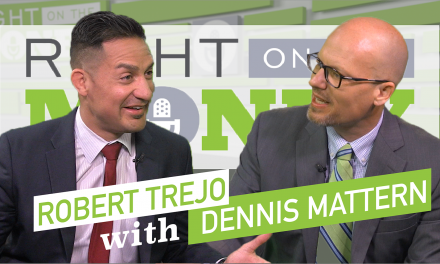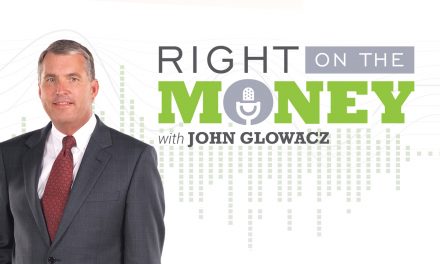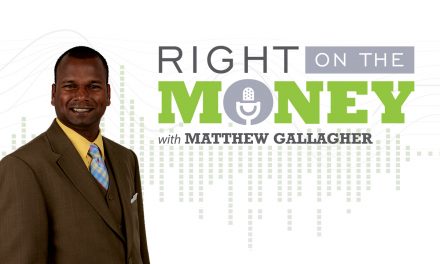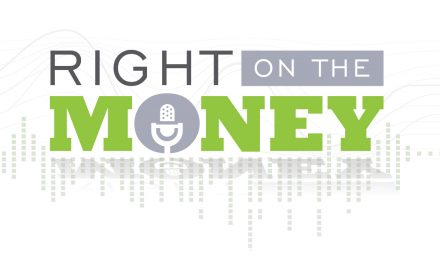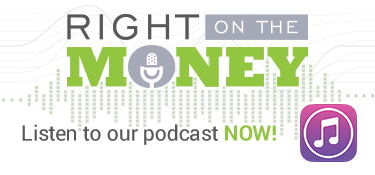Central American and Mexican Immigrants Don’t Like Debt
No one likes debt except some savvy investors who like to leverage their assets by utilizing their debt. For most Americans, debt has been a curse that destroys equity built over time. But for many immigrants, debt is indentured economic slavery, so they’ve come to America with a strong debt aversion.
Many middle-class and upper-middle-class Hispanics have an aversion to any type of debt. In Latin American countries, credit is not as readily available as in the U.S. and is generally much more expensive, so people typically save in advance for major purchases, including homes and cars. But even after arriving in the U.S., where credit is more available at competitive rates, there is still the mindset of avoiding debt when borrowing or to prepay the obligation as soon as possible. That may actually be a good thing. Watch the interview featuring popular bi-lingual speaker and financial consultant Karina Gutierrez where she addresses debt aversion.
The economy and political environment in immigrant countries of origin may likely have been volatile. With a backdrop of economic instability, unemployment is very much a reality. This translates into purchasing a track of land and building a home as money becomes available, sometimes floor-by-floor. Mortgage rates, in most home countries, are just too expensive and lines of credit are just too hard to create.
This has a number of implications for Hispanics in the U.S. They may delay purchasing their first home believing it is better to pay cash. Or if they do choose to use a mortgage, they may still want to repay it as soon as possible. So while it would be hard to say paying a mortgage early is a mistake, funds allocated to pre-pay mortgages could have been allocated to build emergency funds and/or to get the proper insurance protections.
So Hispanics can sometimes be almost too averse to debt and may not use it simply as a tool. A tool, that when used wisely, can enhance a family’s lifestyle and security.
A home purchase is the biggest example, and right behind it is buying a car. Purchasing a new car, even with zero down, zero interest just sounds too good to be true. Cash is still king when it comes to buying a car, and generally that purchase is a used car. That’s a lesson that many financial advisors in the U.S. attempt to teach their clients and prospects on the economic devaluation of a new car depreciating moments after it rolls off the car lot. There’s a learning curve to debt maintenance. Properly managed it can be a blessing; mismanaged and it can be a curse.
Syndicated financial columnist and talk show host Steve Savant interviews popular bi-lingual and financial consultant Karina Gutierrez on Hispanic Culture and Money.
Right on the Money is a weekly one-hour online broadcast for TV and radio distribution. The show contains five ten minute segments that are redistributed online as individual video press releases Monday through Friday to over 280 media outlets, financial web sites and social media networks. The show features financial advisers, insurance professionals and fiduciaries such as CPAs & Attorneys.

